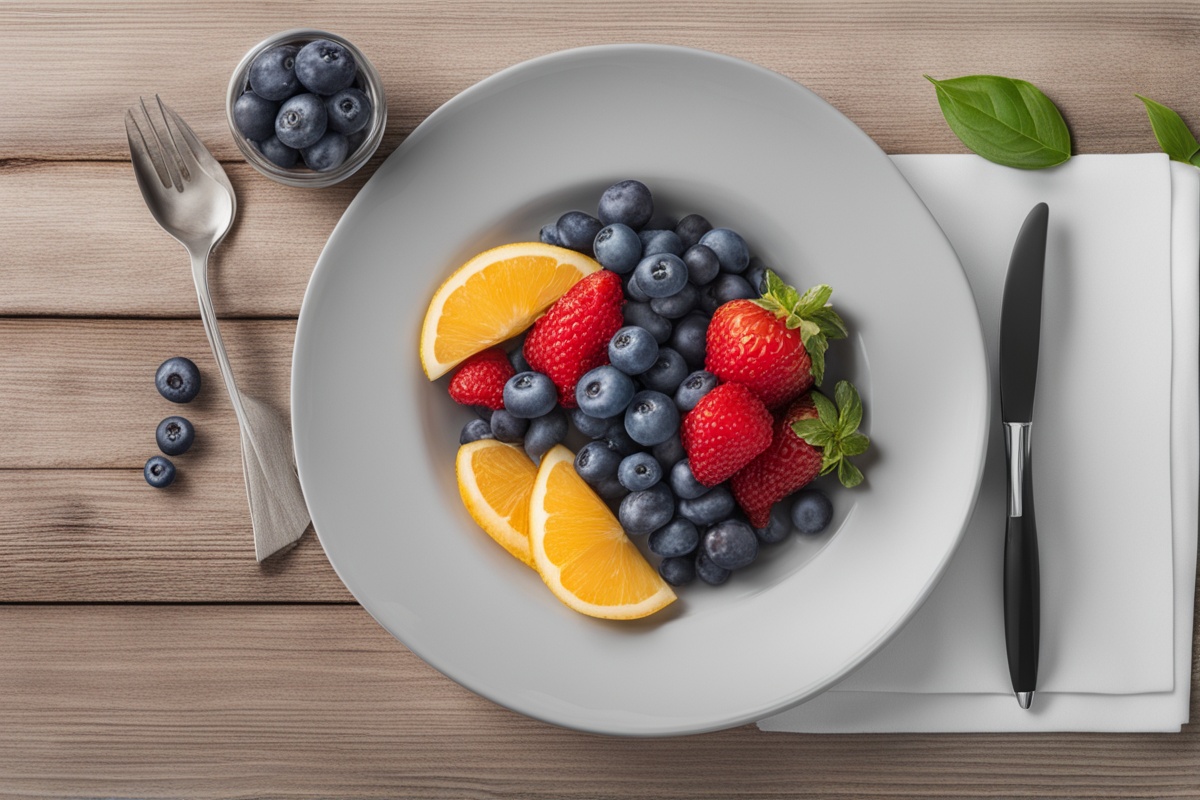Fasting has become a popular practice for health, spiritual, and wellness reasons. Whether you’re engaging in intermittent fasting, water fasting, or religious fasts, one critical aspect often overlooked is hydration. Staying properly hydrated during fasting can make a significant difference in how your body responds to the process. In this comprehensive guide, we’ll explore the importance of optimal hydration during fasting, offering actionable tips and insights to help you maintain balance and well-being.
Why Optimal Hydration During Fasting Matters
When you fast, your body goes without food for extended periods, which can impact your energy levels, mental clarity, and overall health. Water and other hydrating fluids become even more essential during this time because they help flush out toxins, support organ function, and prevent dehydration. Without optimal hydration during fasting, you may experience symptoms like headaches, fatigue, dizziness, or irritability. Ensuring you drink enough fluids can mitigate these risks and enhance the benefits of fasting, such as improved digestion and mental focus.
How Much Water Should You Drink While Fasting?
Determining the right amount of water for optimal hydration during fasting depends on several factors, including your body weight, activity level, and the climate you live in. A general guideline is to aim for at least 2–3 liters (about 8–12 cups) of water per day during non-eating windows. However, listen to your body—if you feel thirsty, drink more. Keep in mind that during fasting, you’re not getting hydration from food, which normally accounts for about 20% of your daily water intake. To compensate, sipping water consistently throughout the day is key.
For personalized advice on hydration needs, check out our detailed guide on Daily Water Intake for Wellness, which breaks down hydration based on individual factors.
Best Hydrating Drinks for Fasting
While plain water is the gold standard for optimal hydration during fasting, there are other options to keep things interesting without breaking your fast. Herbal teas, such as chamomile or peppermint, are excellent choices as they are calorie-free and can soothe the stomach. Electrolyte-enhanced water (without added sugars) can also help replenish minerals lost during fasting, especially for longer fasts. Avoid sugary drinks, caffeinated beverages like coffee, or alcohol, as they can dehydrate you further.
If you’re looking for creative ways to stay hydrated, explore our post on Calorie-Free Drink Ideas for Fasting for recipes and tips.
Signs of Dehydration to Watch For During Fasting
Dehydration can sneak up on you, especially during fasting when you’re not consuming water-rich foods. Common signs include dry mouth, dark yellow urine, fatigue, dizziness, and headaches. If you experience any of these symptoms, it’s a clear indicator that you need to prioritize optimal hydration during fasting. Severe dehydration can lead to more serious issues like kidney strain or fainting, so it’s crucial to act quickly by increasing fluid intake and, if necessary, consulting a healthcare professional.
Timing Your Hydration for Maximum Benefits
Strategically timing your water intake can enhance optimal hydration during fasting. Start your day with a large glass of water to kickstart hydration, especially if you’ve been asleep for several hours without fluids. During intermittent fasting, focus on drinking water during your non-eating window to maintain energy levels. For longer fasts, space out your intake to avoid overwhelming your stomach at once. Additionally, drinking water before breaking your fast can prepare your digestive system for food. For more tips on fasting schedules, read our article on Intermittent Fasting Schedules for Beginners.
Tips for Maintaining Optimal Hydration During Fasting
Here are some practical strategies to ensure optimal hydration during fasting:
- Carry a reusable water bottle with you to track intake and encourage sipping throughout the day.
- Set reminders on your phone to drink water every hour, especially during long fasting periods.
- Add natural flavor to water with slices of lemon, cucumber, or mint if plain water feels monotonous.
- Monitor your urine color—pale yellow indicates good hydration, while dark yellow suggests you need more fluids.
- Avoid overexertion during fasting to minimize sweat loss, and hydrate extra if you’re active.
For additional fasting tips, including how to balance hydration with nutrition, see our guides on Fasting for Weight Loss and Hydration and Nutrition Balance.
Disclaimer: The information provided in this article is for educational purposes only and should not be considered medical advice. Fasting and hydration needs vary from person to person, and certain medical conditions or medications may require specific considerations. Always consult with a healthcare professional or nutritionist before starting any fasting regimen or making significant changes to your hydration routine to ensure it is safe for your individual health needs.
References
- Mayo Clinic: Water: How Much Should You Drink Every Day?
- Harvard Health: The Importance of Staying Hydrated
- WebMD: Water and Weight Loss
- CDC: Water and Healthier Drinks
- British Nutrition Foundation: Hydration
This content is for informational purposes only and not a substitute for professional advice.






